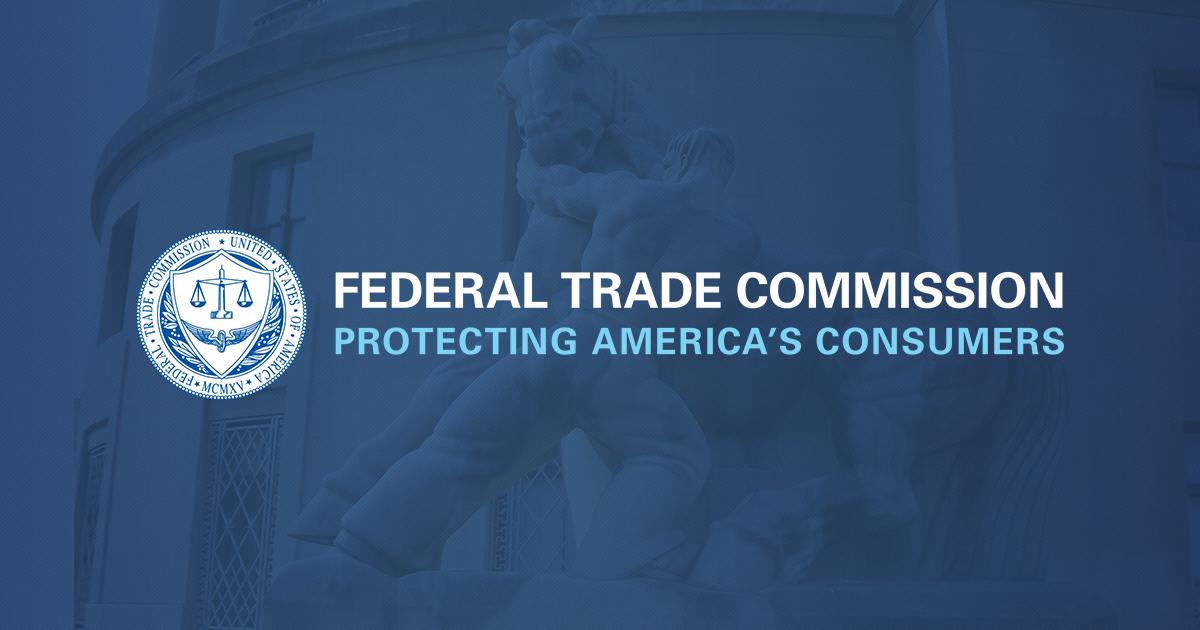The Federal Trade Commission today announced another case in a series of recent actions targeting allegedly deceptive online “free-trial” offers that tricked consumers into enrolling in negative option plans.
The Commission’s complaint against a Puerto Rico-based defendant and the companies he controlled alleges violations of the Restore Online Shoppers’ Confidence Act (ROSCA) through negative option marketing. Defendants’ deceptive scheme cost consumers tens of millions of dollars.
According to the FTC’s complaint, Gopalkrishna Pai and eight companies he owns and operates acted as a common enterprise, selling skin care products online from at least February 2016 through August 2017. The products, which the defendants sold in pairs on a series of websites, included Vita Luminance and Regenelift, Derma Vibrance and Nuevoderm, Revived Youth Cream and Revived Youth Serum, and Aura Youth Cream and Aura Youth Serum.
The defendants advertised free trial products for a nominal shipping and handling charge, typically $4.99 or less. The online ads prominently touted “Risk Free” trial offers. Common pitches in the ads included, “RUSH MY FREE TRIAL,” “WAIT, You Qualify for a Risk Free Trial,” and “CLAIM YOUR FREE TRIAL.”
The FTC alleges that the defendants failed to disclose that consumers would be automatically charged full-price for the products, as well as for monthly auto-shipments, unless they cancelled their order within 14-15 days. Only by clicking on the small “Terms and Conditions” hyperlink in the ads and then scrolling through a pop-up window could consumers find this information/disclosure.
The FTC alleges the defendants charged consumers who ordered the “Free Trial” more than $90 and enrolled them in auto-ship programs that cost over $90 a month. The complaint further alleges defendants frequently charged consumers without their consent for additional products, enrolled them in additional auto-ship programs related to the initial free trial, and used a confusing checkout process that led consumers to unintentionally sign up for products they did not want.
Finally, the complaint alleges that many consumers who tried to cancel their enrollment in the auto-ship plan found it very difficult to do so. Many consumers had difficulty reaching defendants’ customer service representatives and, when they did so, were often unsuccessful in their efforts to cancel their enrollment. Some consumers who sent back the trial product unopened were still unable to cancel and get a refund.
The FTC further alleges that to hide their illegal scheme, the defendants used more than 100 shell companies with straw owners to obtain merchant processing accounts needed to accept and process consumers’ credit and debit card payments. Through such credit card laundering and the use of both fake and real websites, the FTC alleges the defendants avoided detection by credit card companies and law enforcement, allowing defendants to bring in tens of millions of dollars through their deceptive trial offers.
The Commission vote authorizing the staff to file the complaint and proposed stipulated final order was 5-0. The FTC filed the complaint in the U.S. District Court for the District of Puerto Rico. The defendants are: 1) F9 Advertising LLC; 2) Ace Initiative Group LLC; 3) Connected Ad Station LLC; 4) Fastlane Sales LLC; 5) Hyper Marketing Solutions LLC; 6) Media Redefined LLC; 7) Primed Marketing LLC; 8) Responsive Media LLC; and 9) Gopalkrishna Pai, individually and as an owner of the corporate defendants.
NOTE: The Commission files a complaint when it has “reason to believe” that the law has been or is being violated and it appears to the Commission that a proceeding is in the public interest.
The Federal Trade Commission works to promote competition, and protect and educate consumers. You can learn more about consumer topics and file a consumer complaint online or by calling 1-877-FTC-HELP (382-4357). Like the FTC on Facebook, follow us on Twitter, read our blogs, and subscribe to press releases for the latest FTC news and resources.

